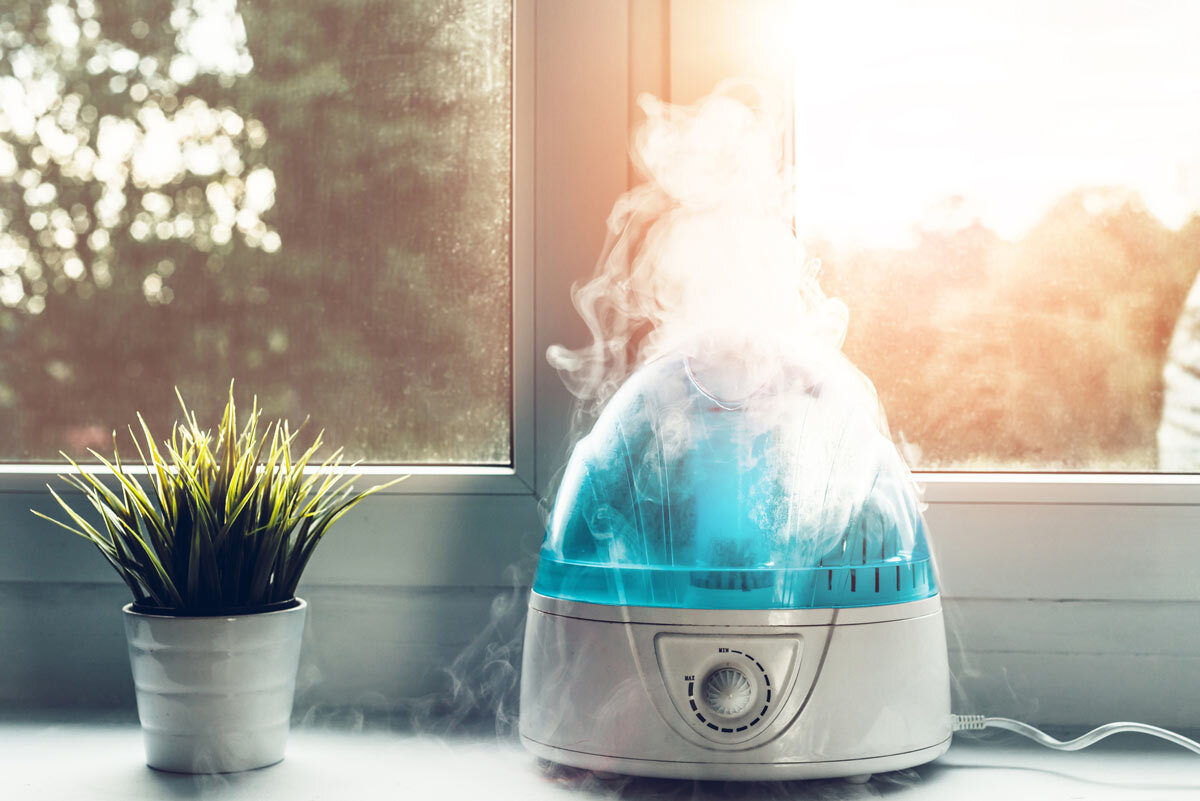Increasing the humidity levels in a room is beneficial for a number of reasons. For example, increased moisture helps to prevent germs from spreading. This is because airborne particles become too heavy to move around. Also, increased humidity helps to prevent dryness of the mouth. Using a home humidifier in your home is an excellent way to ensure that your home air is as humid as possible. More information about home humidifiers on this link>> https://coolaidairconditioning.com/
Reduces Snoring
A home humidifier can help reduce the amount of mucus in the air, which can cause snoring. A humidifier can also reduce the risk of contracting the flu since higher humidity reduces the infectiousness of influenza virus particles. Furthermore, a humidifier can help with coughing, which is more productive when the air is moist. This can prevent the onset of snoring in many cases.
Snoring is a common condition that keeps millions from getting a good night’s sleep. It can also affect the sleep of the snorer’s partner. Lack of sleep can lead to a variety of issues, including difficulty concentrating, heart problems, and even a stroke. However, despite the fact that snoring is common, it is always caused by some other underlying medical problem.
Dry air can irritate the throat and nasal passages, which can lead to snoring. In addition, dry air can also lead to eczema and cracked skin. In addition to these health concerns, snoring can be an affliction for both men and women, particularly women. As a result, the right choice of humidifiers can help people sleep more soundly.
Reduces Allergies
A home humidifier can be an effective remedy for people suffering from allergies. It helps to reduce the inflammation caused by airborne allergens by improving the health of mucus membranes. The humidity in the air increases the cilia in the nasal passageways, allowing them to trap more allergens and throw them out more naturally.
According to a study published by the National Academy of Sciences, dry air can lead to a variety of illnesses. It can also irritate the nasal passages and lead to the occurrence of a sinus infection or eczema. It’s therefore essential to maintain the humidity level in the home to avoid the occurrence of any of these conditions.
Using a home humidifier is also beneficial for people with seasonal allergies. During the winter, the air in the house is often drier due to the heating system. The dry air sucks the moisture out of the air, making it more difficult to breathe. As a result, the humidity level in the air can help those with allergies breathe better and prevent colds or flu.
Reduces Eczema
A home humidifier adds moisture to the air and is a great solution to the drying conditions caused by eczema. This type of appliance can be used all year round and is particularly effective for those with dry skin. For best results, use a humidifier that has a cool mist setting. Heat tends to irritate dry skin and makes redness worse. You can also add chamomile essential oil to the mist to help soothe eczema-prone skin.
If you’re worried about having eczema, try to avoid irritating triggers as much as possible. These triggers include smoking, chemicals, and certain types of clothing. Taking precautions against these triggers will help minimize your eczema flare-ups and reduce your stress.
Using a chamomile bath is another great way to reduce the symptoms of eczema. Chamomile has antibacterial properties that help soothe itchy skin. In addition, it contains a-bisabolol, which is a natural alcohol that reduces inflammation. You can even add chamomile tea to your bath.
Improves Sleep
Using a home humidifier can improve sleep for people of all ages. Besides reducing dry air in the home, it can help people with allergies and asthma. It can also relieve dry throats and nasal cavities, which can cause snoring. Having a humidifier in your bedroom can help you get a better night’s sleep.
The optimal humidity level is 40 to 60 percent, which makes it ideal for sleeping. Artificial cooling does not achieve this level, which is why humidification can be useful. Studies have shown that people with sleep apnea have better quality sleep when they sleep in a humidified room.
